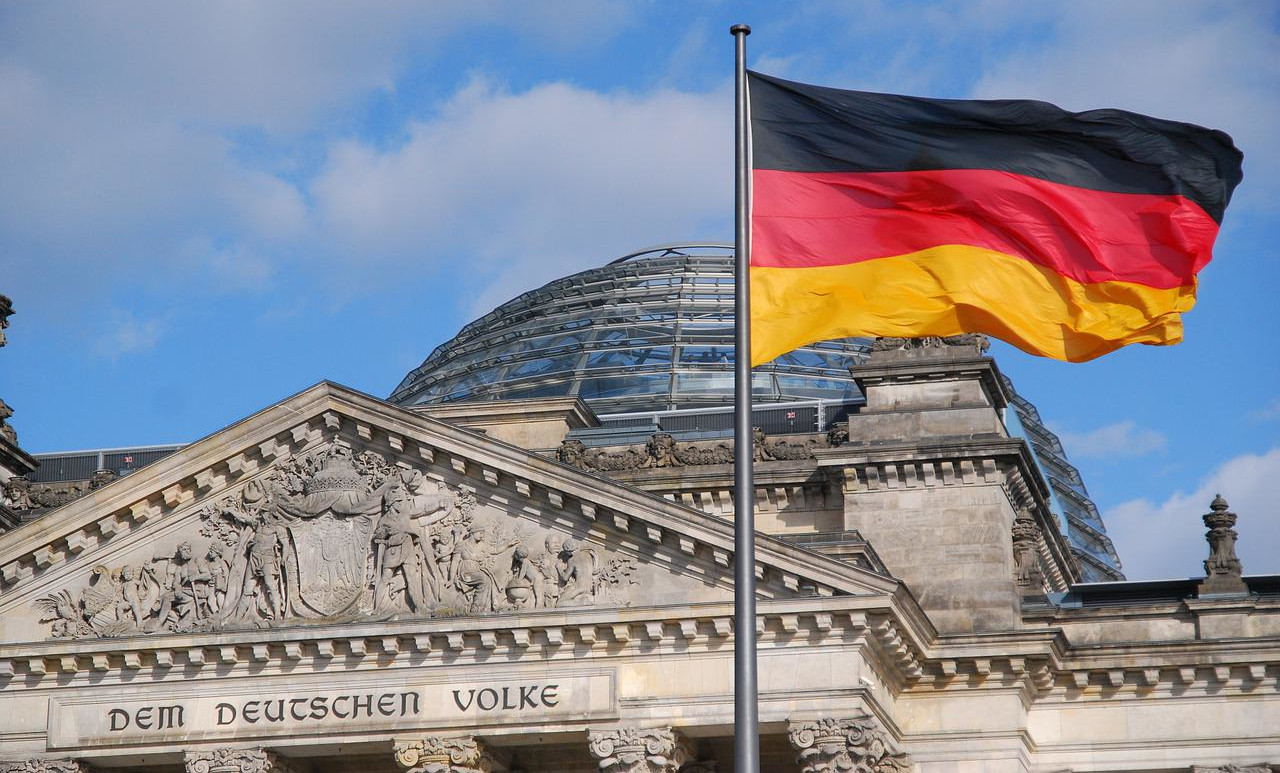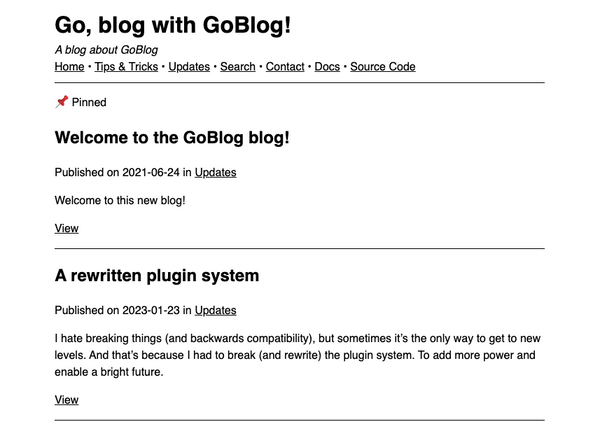Major Victory for Digital Rights: Germany Enacts Law Ensuring Encryption Rights
Table of Content
Germany's Federal Ministry for Digital and Transport Affairs has drafted a bill requiring mandatory end-to-end encryption for messengers and cloud services, a move celebrated by cryptography experts and privacy enthusiasts for protecting digital correspondence.
The "right to encryption" law, proposed by the German government, refers to a groundbreaking piece of legislation that recognizes and explicitly guarantees the legal right of individuals and organizations to utilize encryption technologies.
In a practical sense, this means that all citizens are legally entitled to encrypt their digital communications and data, providing a substantial boost to their privacy and security in the online realm.
In an era where information is currency and privacy is increasingly under threat, such a law would serve as a crucial protective measure. It would safeguard the use of encryption technologies, thereby ensuring that individuals can effectively shield their personal and sensitive information from unauthorized access.
This includes protection against various forms of surveillance, potential cyber threats, and any breaches of data integrity that could occur.
This proposed move by the German government, if passed into law, would mark a significant stride forward in reinforcing digital rights and privacy protections within the country.
It represents a proactive response to the evolving digital landscape and a commitment to preserving the rights of individuals in the face of rapid technological advancement. It also sets a precedent for other nations to potentially follow in protecting their citizens' digital privacy rights.
Beginning 2024, German net activists have published a draft law aiming to make end-to-end encryption mandatory for messenger, email, and cloud service providers, following the 2021 coalition agreement of the German government.
Benefits for End-users
Enhanced Privacy:
By guaranteeing the right to use encryption, this law ensures that individuals can communicate and store data in a manner that is secure from eavesdropping or interception. This is particularly important for sensitive information such as financial details, personal messages, and health records.
Increased Security:
Encryption is a critical tool in protecting data from cyber threats, including hacking and data breaches. This law encourages the use of encryption, thereby enhancing the overall security of digital information.
Protection of Freedom of Expression:
Encrypted communications provide a safer platform for the free expression of ideas, particularly in situations where surveillance might be used to suppress dissent or monitor activists.
Trust in Digital Services:
Knowing that encryption is protected by law can increase trust in digital services, encouraging more people to participate in the digital economy, use online services, and engage in digital communications.
Global Leadership in Digital Rights:
By enacting such a law, Germany sets a precedent for privacy and digital rights, potentially influencing other countries to adopt similar protections.
Final note
Overall, this law empowers users to take control of their digital privacy and security, contributing to a safer and more secure digital environment.
Resources












